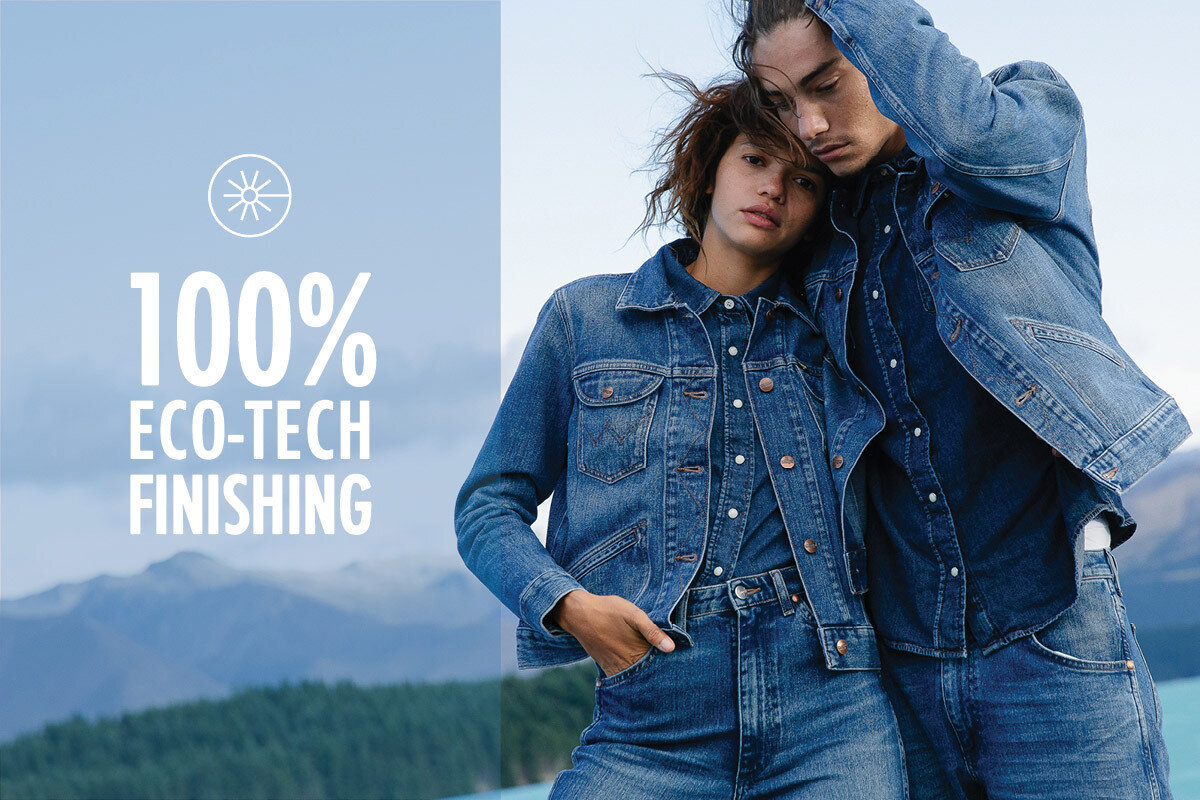How Brands Can Authentically Market Sustainability Efforts
Posted
By Eliza Irwin, Intern
In recent years, buzzwords such as “green” and “eco-friendly” have been used more frequently in the marketing world. Although the sustainability movement has been around for decades, it hasn’t had significant marketplace power as of late, which industry experts credit to increased consumer awareness. Accessibility to information and news, along with social media, has played a large role in accelerating social change and has introduced sustainability into mainstream consciousness. As they continue to become more knowledgeable, consumers and key stakeholders, especially Gen Zers and millennials who represent around $350 billion in spending power in the U.S., are demanding that brands prioritize sustainability and transparency.
With these practices becoming an expectation, brands are prioritizing green initiatives and looking to readjust their marketing strategies. It is important for companies that implement sustainable practices to be transparent about their efforts, along with acknowledging their progress and remaining work to be done.

FWV’s long-time client Wrangler is a great example of a brand that has addressed sustainability successfully by making a conscious effort to become more eco-friendly in the denim and fashion industry. FWV has helped shape Wrangler’s grassroots narrative in the sustainability sector through earned media efforts and spreading the word about its sustainability goals. These goals include achieving 100% renewable energy by 2025, 50% reduction in water by 2030 and 100% renewable cotton by 2025. By assigning dates to these goals, Wrangler is holding itself accountable and exhibiting transparency in its marketing. FWV’s media outreach efforts around these goals have resulted in media coverage in both western and trade publications, including Forbes and Cowboys & Indians.
Another one of Wrangler’s initiatives is the Wrangler Science and Conservation Program, which encourages land stewardship and soil health best practices that benefit the environment (starting at the root of the problem, you might say!). Wrangler has released multiple sustainable denim products in recent years as well, illustrating its commitment to innovation and a transition to more responsibly made goods. These include the Indigood™ line, which conserves water through foam-dyeing, and the Wrangler Rooted Collection™, a collection of jeans and shirts made from sustainably-grown cotton. FWV helps support public relations efforts surrounding both lines through media relations and sharing the brand’s sustainability story through a variety of mediums.
One of the reasons Wrangler’s eco-conscious lines have been so successful is because the brand understands it can’t sacrifice quality for sustainability, something it acknowledges with the tagline, “Tough Denim. Gentle Footprint.” Wrangler realizes that if consumers can feel good about their purchase and not sacrifice quality, it’s a win for the brand.
If other brands aspire to hop on the sustainability train, they should take a page from Wrangler’s book. If you’re going to talk the talk, you have to walk the walk. Wrangler has managed to walk with a cowboy stride and continues to invest genuine time and resources into sustainable practices, which its programs and green offerings reflect. Wrangler refuses to sacrifice quality and continues to pioneer in the textile sector to give customers products they love and can feel good about wearing. If other brands put the right foot forward, they too can find success through genuine intention, passion and hope for a better future.